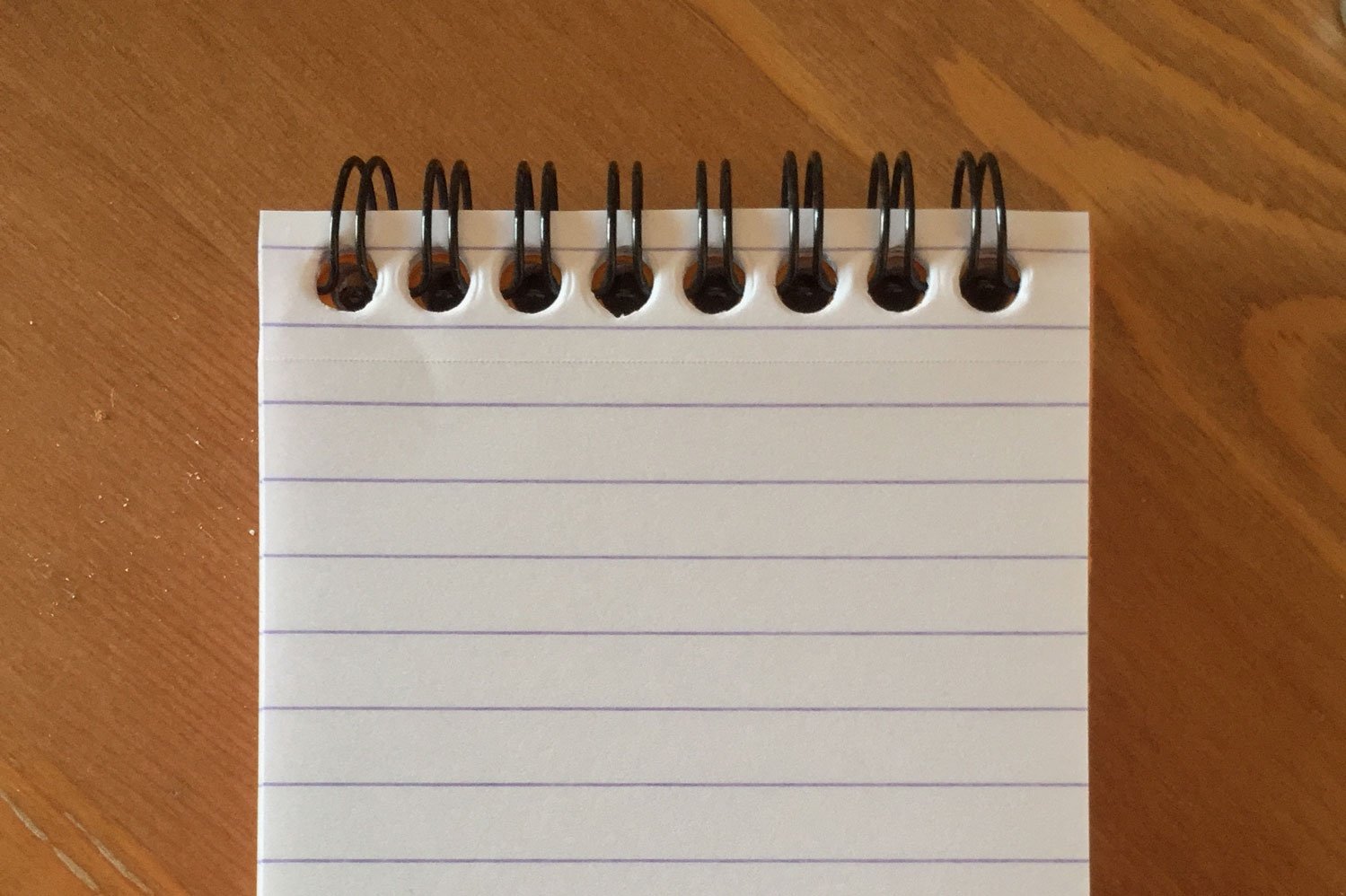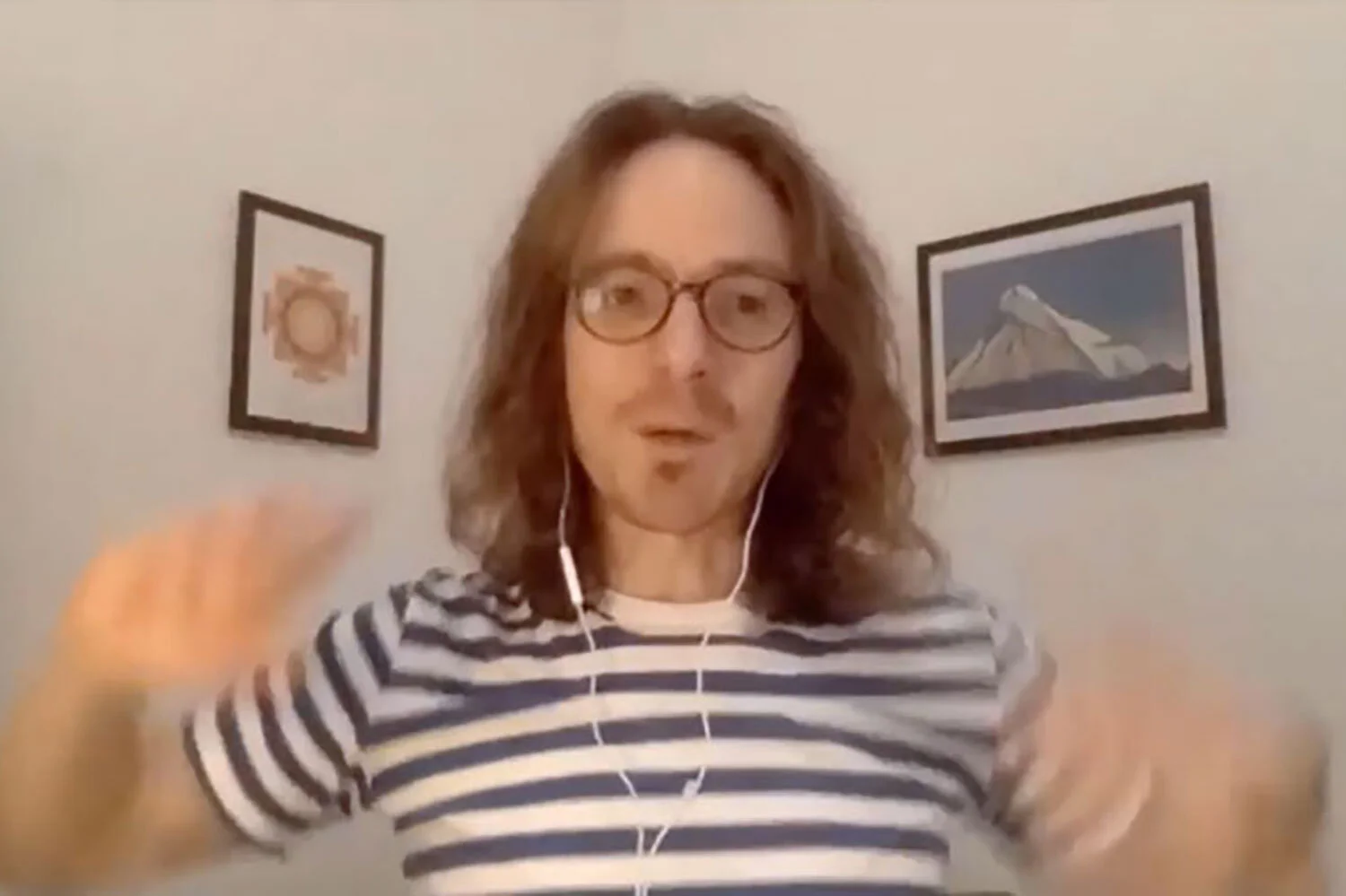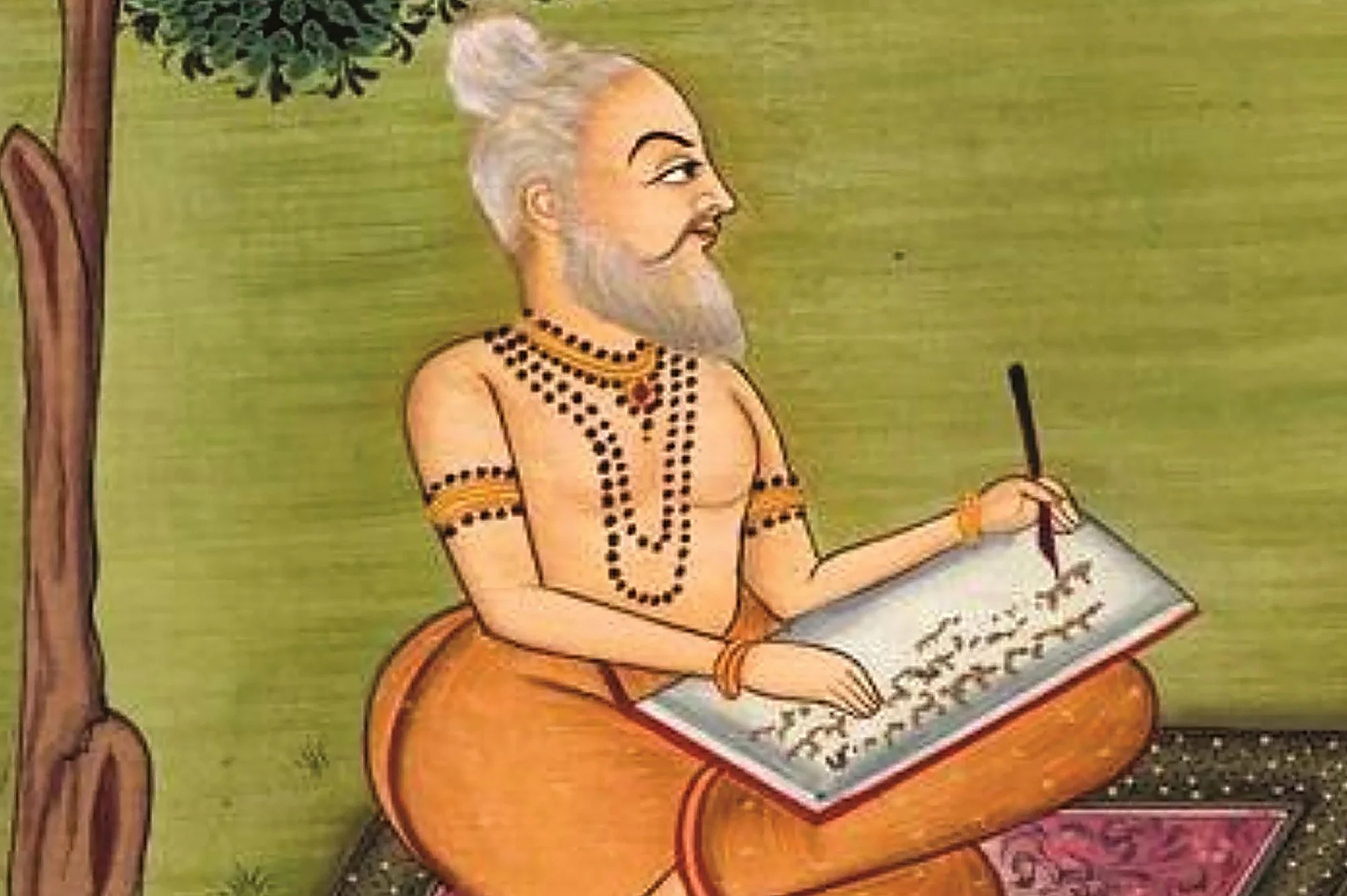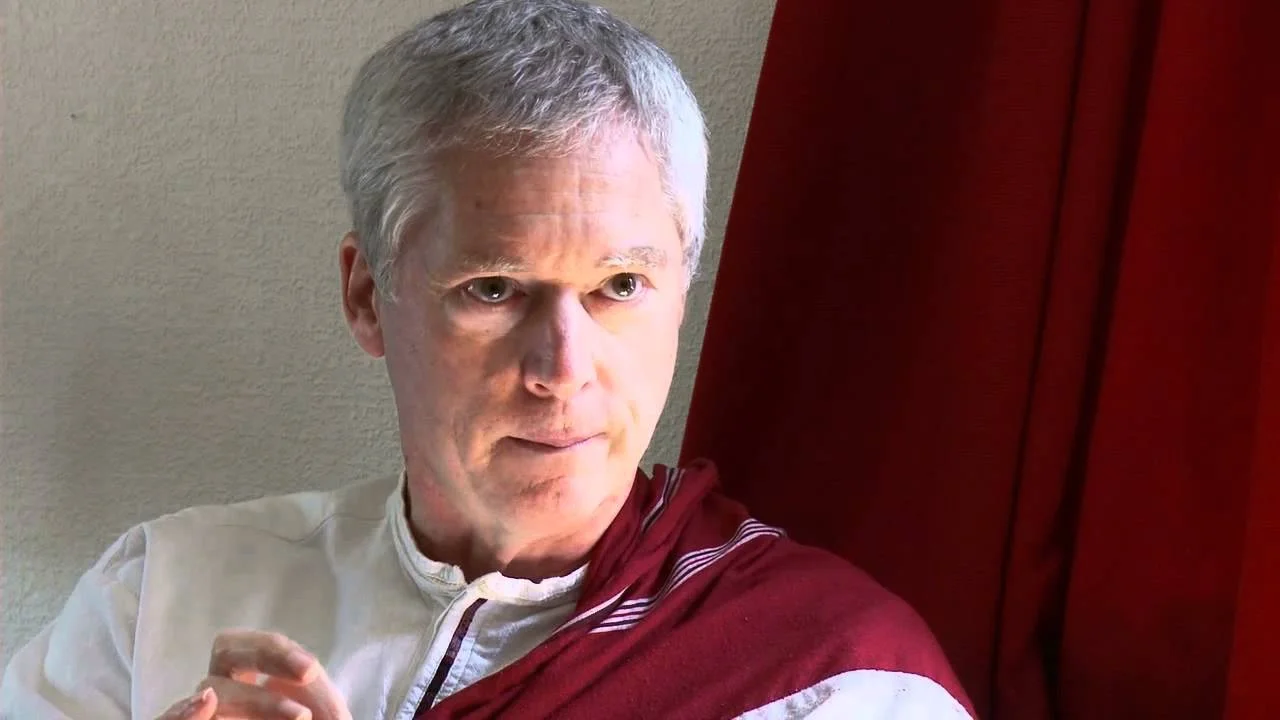
News
Occasional updates on activities
About The Truth of Yoga
A brief introduction to The Truth of Yoga, including a reading from the opening chapter. Recorded for the Boulder Bookstore in Colorado, which has been hosting video Q&As due to Covid restrictions preventing book tours. In response to half a dozen questions, I describe the book’s aims, which are broadly summed up by its subtitle (“A Comprehensive Guide to Yoga’s History, Texts, Philosophy, and Practices”). For more information, including excerpts and interviews, visit this page, which also has a link to a very short trailer…
Some of the Stories Behind the Book
I enjoyed this recent interview with Seth Powell. We had a great chat about what inspired The Truth of Yoga, what makes it accessible, and how it strikes a balance of traditional wisdom and scholarly knowledge. To quote the show notes: "In this episode we talk with Daniel Simpson about… his writing process, his background as a foreign correspondent, making the historical texts and philosophies of yoga accessible to modern practitioners, perceptions on yoga in China, and the idea of authenticity in modern yoga practice."
The Truth of Yoga in Under a Minute
Here’s the “too long; didn’t read” version of my book, distilling its “comprehensive guide to yoga’s history, texts, philosophy, and practices” into 59 seconds. It inevitably leaves a lot out, but still packs a lot in by moving quickly… (“To sum it all up, pay attention!”) An unabridged audiobook is also available at regular speed, read by Tim Bruce. A course to accompany The Truth of Yoga will be released soon. For more information, see truthofyoga.com or sign up here for email updates.
Q&A on Truth in Action
This interview explores philosophy in practice. Here’s a brief sample: “A lot of mental anguish is based on ideas about who we are, and the things that we want, and whether we get them or not. If these stories we tell ourselves stop, even just for a moment, it weakens their grip. None of this is actually linked to the practice of postures, but they can still be approached with a similar mindset of detachment. However, using the body has pitfalls. It’s easy to get fixated on what it can do, so physical practice can strengthen the ego, instead of helping us see through its illusions.”
Online Book Launch
Join me online (Saturday, January 9, 2021, at 2:30 PM GMT) to explore my new book, The Truth of Yoga. I’ll give a short talk before answering questions about any aspect of yoga history and philosophy that might be of interest. To quote the booking page: “Yoga keeps changing. Some of its teachings sound timeless, while others have been discarded or reinvented. As priorities shift, what preserves their connection to what went before? What defines a practice as yogic and not something different? How can we align with tradition in the twenty-first century?” Come and share ideas!
Author Interview Podcast
A wide-ranging chat about The Truth of Yoga with Raj Balkaran, on the New Books in Hindu Studies podcast. We discussed my background as a reporter, which helps me distil complex topics and make them accessible. We also talked about the wonders of online learning in the age of Covid, exploring and reconciling tensions between theory and practice, and the importance of building bridges between scholars and practitioners to deepen understanding. Both Raj and I teach courses at the Oxford Centre for Hindu Studies, where this is our priority.
The Truth of Yoga Podcast
A recent discussion about my forthcoming book, The Truth of Yoga, with Jacob Kyle, who hosts the Embodied Philosophy podcast. To quote the show notes, we discussed: “Differentiating yoga history and yoga philosophy as evolutionary systems of ideas; Debunking commonly misunderstood concepts and myths; Connection points to tradition within modern practices; Postural practice and being definitive about the unknown; Reinterpreting yoga traditions, cultural appropriation and exploitation of yoga; The nature of ultimate and relative truths in yoga.”
Finding Meaning in Life
A wide-ranging interview about the origins of yoga and how it developed, people’s search for meaning, finding one’s way by taking wrong turns, and why getting slaphead stoned didn't get me enlightened. As broadcast on the SenseSpace podcast (March 23, 2020). The show notes call it “a conversational journey with the eccentric and insightful Daniel Simpson through hash smoking Indian yogis, the history of meditation, 'woo woo', 'McMindfulness', Tantra and Spiritual Bypass,” as well as “the importance of embodied acceptance.”
What Exactly is Yoga?
I was invited to give a presentation to the Independent Yoga Network conference in 2019. All speakers were asked the same question: “What is Yoga?” My response, based on traditional texts, suggested that yoga means self-inquiry. Therefore, conclusions can only be drawn from direct experience. As a result, attempts to police others’ practice and declare it “not yoga” are themselves “unyogic”. A longer essay based on the talk was later published in the journal Spirituality Studies. Entitled “Yoga Police? No Thanks!” it’s available here.
Yoga History Workshop
What exactly is yoga, and how did it evolve from transcending the world to a global industry worth billions of dollars? This workshop explores where yoga comes from, and how its practice relates to philosophy over the centuries. We begin with ancient texts, tracing the development of yogic teachings, and seeing how ascetics from different traditions exchanged ideas. We then focus in depth on the physical practice known as hatha, and see how priorities changed to transforming the body, eventually developing into modern forms of yoga.
Rethinking Yogic Ethics
There has always been a tension in yoga between social engagement and inward retreat. Although some teachings promote being kinder, this is to help with withdrawal from the outside world not harmonious relationships. That’s not how yama and niyama are usually presented to modern practitioners – or how people interpret them. If old texts need adapting to sound more appealing, should we look elsewhere for moral guidance? Might other ethical frameworks be more relevant to modern challenges? Come and share ideas at a workshop in London!
How New is Now?
From triyoga’s blog: “This summer, the triyoga book club turn their attention towards Eckhart Tolle’s best-seller The Power of Now. Yoga practitioner and scholar Daniel Simpson will guide students on a four-week exploration of how to be here now. Ahead of the course’s start, Daniel touches on his personal experience with the book as well as core themes to be discussed and questioned. If finding lasting peace of mind is of interest to you, booking this course is a no-brainer…”
Yoga Sutra Weekend School
I’m co-teaching this weekend immersion (May 4-5) on Patanjali’s sutras, traditional commentaries and modern applications. It’s a great opportunity to focus in depth on foundational aspects of yogic philosophy, to ask lots of questions and meet fellow students. This might have added appeal if you’ve already taken an online course through the Oxford Centre for Hindu Studies, which is hosting the event. There’ll be presentations from Dr Nick Sutton and other OCHS staff, plus some guest contributions.
The Meaning of Hatha
What exactly is hatha? In modern yoga usage, it often refers to a slow approach – perhaps in contrast to flow – but originally it covered all aspects of physical practice, from breathing techniques to arm balances. In Sanskrit, the traditional language of yogic texts, the word hatha means “force”. It is therefore a “forceful” form of yoga, whose dynamic techniques have powerful effects. Another meaning of hatha is “obstinacy”, which suggests a need for strength of will.
London Philosophy Talk
What exactly is yoga? How did it evolve from a meditative way of transcending the world to a global industry worth billions of dollars? This talk explores the meaning of yoga in multiple contexts: from ancient ascetics who never sat down to modern stretching for affluent urbanites. Despite what Hindu nationalists claim, there is no such thing as “One True Yoga.” Come and find out more on Tuesday, March 12 (7:00 PM), at Cafe 1001 on Brick Lane, E1 6QL. Tickets available here.
Alan Wallace Responds
Alan Wallace has reacted to my essay on Buddhist meditation and cognitive sciences. We exchanged a few emails, archived here. As the essay noted: "To Wallace’s frustration, science dismisses 'nonphysical influences in organic evolution or in human affairs,' despite having 'no technology that can detect the presence or absence of any kind of consciousness, for scientists do not even know what exactly is to be measured.' His critique is sound but he makes few suggestions (apart from endorsing meditation)..."
Yoga History Workshop
In October, I'll be teaching yoga history and philosophy on a teacher training course in London. There'll be 15 hours of classes over two days (22 / 23 October), exploring what we know about the evolution of practice from the distant past to the present day. This essay gives a brief introduction to what to expect. The photo shows Jim Mallinson, with whom I've been studying at SOAS as part of my MA in Traditions of Yoga and Meditation.
















